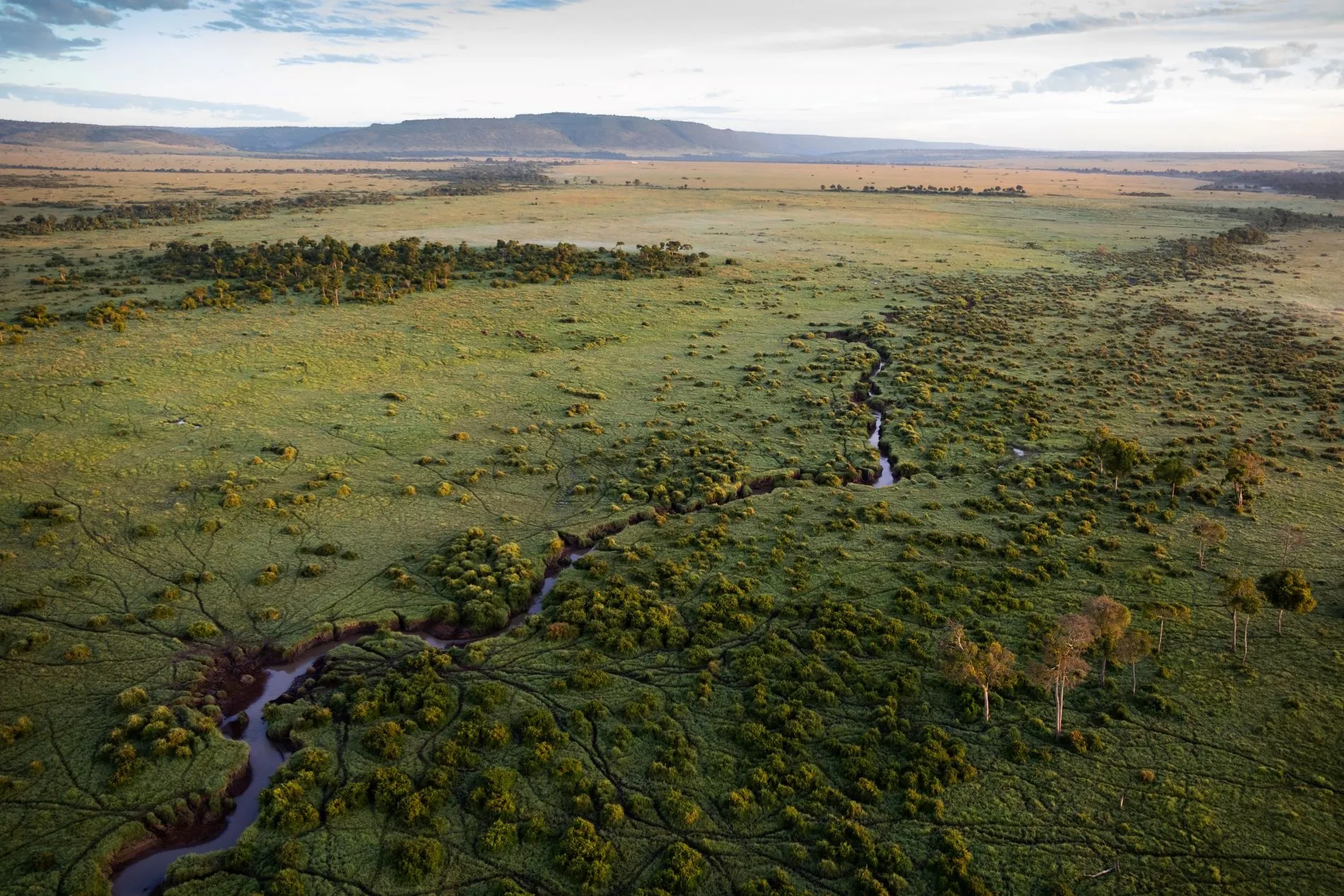
Notícias
AFRICA INVESTMENT-Big rewards beckon in Angola, but little transparency
Hot to tap into Angola's booming oil economy for over a decade, foreign investors are finally seeing the country open up new financial avenues. But will woeful transparency and corruption thwart them?
Five-star hotel lobbies in the capital Luanda bubble with talk of deals to profit from the country's economic success, with the government adding to the lure by announcing plans for a $5 billion sovereign wealth fund, a bourse and a Eurobond.
Buoyed by rising crude production that is already worth $70 billion a year and praise from the world's main lending agencies, President Jose Eduardo dos Santos wants Angola to step on to the international financial stage.
"Angola is definitely trying to develop an international strategy," said Alex Vines, an Angola expert at London-based think tank Chatham House. "That, however, has an impact in terms of transparency, given the demands of international markets."
Africa's biggest oil producer after Nigeria, Angola has posted rapid growth since the end of a long civil war in 2002 but has been beset by criticism of its opaque finances and pervasive graft. Transparency International ranks Angola as the 19th most corrupt country in its global index of 176 countries.
Campaign groups like Global Witness have urged the government to report how much oil revenue it receives and spends in a country where an elite has become vastly rich while over a third of around 19 million Angolans live in poverty.
In Luanda, one of the world's most expensive cities, the elite travels to luxury compounds in top-of-the-range SUVs while the majority live in sprawling slums, often without electricity.
The ruling MPLA party says there has been much progress on transparency and cites praise from the International Monetary Fund and World Bank. It also points to new rules in a fledgling banking sector.
"The new rules are important, at the level of those in industrialised countries," said Tiago Dionisio, research analyst at sub-Saharan investment bank Eaglestone. "There's much to be done, but it's progress."
PRAISE INDEED
An IMF loan deal, completed last year, received particular praise from analysts and rating agencies for pushing authorities to publish at least some data on the budget and oil revenues.
After warning about $32 billion missing from state funds spent by state oil firm Sonangol in 2011, the IMF says it is now satisfied the expenditure is included in the national budget.
"When we talk about Angola, we have to look at the impact on poverty and development," said Ricardo Soares de Oliveira, Oxford University expert on oil and governance in Africa.
"My answer is that it is neutral - these developments (with the IMF) are in no way bad, I suppose they are positive, but there is no direct link with the quality of governance."
Others blame a system where the president's power cannot be effectively checked. Dos Santos has ruled Angola since 1979.
"Where are the checks and balances crucial to verify accounts and ensure funds are spent properly?" asked Elias Isaac, Angola country director for the pro-democracy group Open Society Initiative for Southern Africa (OSISA).
He added that the accounts court - hailed by Dos Santos in a recent interview as a key tool against corruption - is toothless because the president appoints all judges directly.
A day after the World Bank said in June that Angola had made "great strides" on transparency, Dos Santos put one of his sons in charge of the sovereign wealth fund, raising concerns about nepotism that hardly combines with the promised openness.
"This is a problem for how we are seen, regardless of the president's son's abilities," said Carlos Rosado de Carvalho, an economist at Luanda's Catholic University.
Chatham's House's Vines says signs of nepotism fuel another aspect of opaqueness - the president's succession. Dos Santos, 70, last year secured a new five-year term, but has long kept everyone guessing about his plans.
MUCH-DELAYED PLANS REVIVED
Mooted for a decade, a Luanda bourse is now due to open in 2016. It is seen as a potential entry point for foreigners into a an economy that has so far been impenetrable due to stifling bureaucracy and rules that force partnership with local players to gain a foothold in most sectors.
But analysts question whether top Angolan companies can meet international criteria on transparency. The finance ministry said on Tuesday that out of 90 state companies, 54 presented accounts for 2012 and only three had them fully approved.
Another much-delayed plan - to issue a debut sovereign Eurobond - is set to advance this year. Though not strapped for funds, Angola wants to diversify its financing and follow successful sales by African peers.
Given concerns about the U.S. Federal Reserve slowing its liquidity operations, investors will be looking more closely at risks in frontier markets - transparency in Angola's case.